|
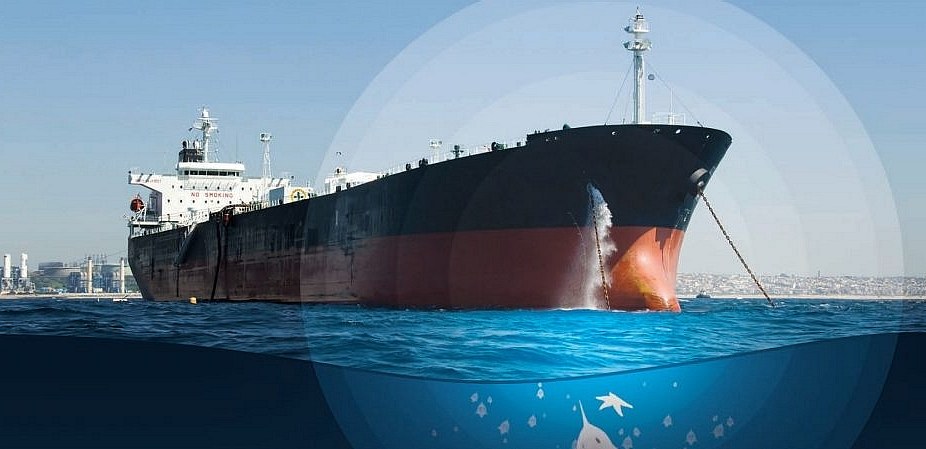
In 2018 historic targets were agreed within International Maritime Organization
(IMO) to cut the total net global GHG emissions from international shipping by at least 50% by 2050, to reduce carbon intensity by at least 40% by 2030 compared to a 2008 benchmark and to completely decarbonise shipping by the end of the century.
This
is a tough call, but is achievable with a move to renewable energy combined
with a gradual phasing out of fossil fuels, though at first with shipping
adding solar panels and small wind turbines to supplement dirty power
sources. Such moves will require flexible thinking on the part of operators,
inevitably with strict enforcement, should the existing fleet be patched
instead of replaced.
Presently shipping accounts for around 2.5% of global GHG emissions and although ships are becoming more efficient, due to increasing global trade this contribution is increasing. These emissions are more than any EU state and if the sector was a country, it would rank as the sixth highest in the world. In 2015, shipping accounted for 13% of overall EU
greenhouse gas emissions from the transport sector.
Overwhelmingly, long distance shipping accounts for the majority of GHG emissions and its decarbonisation is particularly challenging. It is expected that solutions will need to combine a variety of technologies, operational practices, energy sources and efficiency measures.
HOW
DO WE GET THERE ?
The European Commission envisage that working together with, for example operators, ship builders, marine equipment manufacturers, fuel and energy suppliers and others research will address the development of technologies combined with operational practices to substantially reduce GHG emissions from long distance shipping in line with the IMO's targets,
without increasing other forms of pollution.
Excluding fuel development, a wide range of potential solutions can be proposed including the use of wind and solar assistance combined with efficiency improvements and other alternate energies.
Solutions can be proposed in combination and should take into account the likely availability of
infrastructure (including bunkering) on long distance routes. Solutions should also take into account the
CO2 equivalent from any reduction of black carbon
emissions.
|

ANTONIO
GUTTERAS
|

KITACK
LIM
|

LAURENCE
BARCHUE
|
|

HEIKE
DEGGIM
|

HIROYUKI
YAMADA
|

FREDERICK
KENNEY
|
|
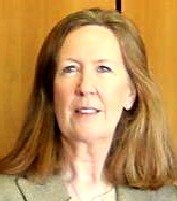
LINDA
RYAN
|

JUVENAL
SHIUNDU
|

ARIANE
GIREUD
|
|

ARSENIO
DOMINGUEZ
|

-
KOJI
SEKIMIZU
|

SUNG-JIN
KIM
|
HORIZON
CALL: SEPTEMBER 2019 - JANUARY 2020 -
DECARBONISING LONG DISTANCE SHIPPING
In
relation to the above targets and the above call, costs, GHG reductions and any other potential waste streams
will need to be convincingly analysed using real data and testing programmes in addition to theoretical analysis.
Implications for the provision of new infrastructures would need tol be quantified and assessed.
To at least TRL5, technologies, systems and practices
should be tested at full scale on operational shipping. The differences between predicted and measured data should be identified.
Any reduction in GHG emissions that are founded upon innovative operational practices
would need to be robustly benchmarked against the current state of the art, for example concerning ship routings and speeds through the use of “big” AIS “data“ and/or other
satellite data.
A robust communication strategy would need to be developed and implemented so as to ensure wider public engagement as well as a strong engagement with the global shipping sector and its customers.
Cooperation with IMO and EU activities and fora concerning the decarbonisation of shipping is
encouraged to build upon and cooperate with any related activities and research.
Such projects should request funding in the range of €5 to 10 million
euros to allow specific challenges to be addressed appropriately.
THE
EXPECTED IMPACTS:
1. Development of innovative solutions to decarbonise shipping that exceed the IMO’s 2050 target to decarbonise by 50% and which are applicable to ship types that are the largest emitters of GHGs such as: bulk carriers, tankers, container ships, cruise ships and passenger liners.
2.
Establishment of robust benchmarks and methods which will provide wide confidence of the “real world” impacts from any specific GHG reduction measure including potential scalability and any secondary environmental impacts.
3.
Improve the competitiveness of European maritime industries and shipping companies within the field of green shipping. Increase the awareness and take up by end users.
4.
Provide evidence to policy makers within EU and globally concerning infrastructure requirements necessary to meet the 2050 decarbonisations target.
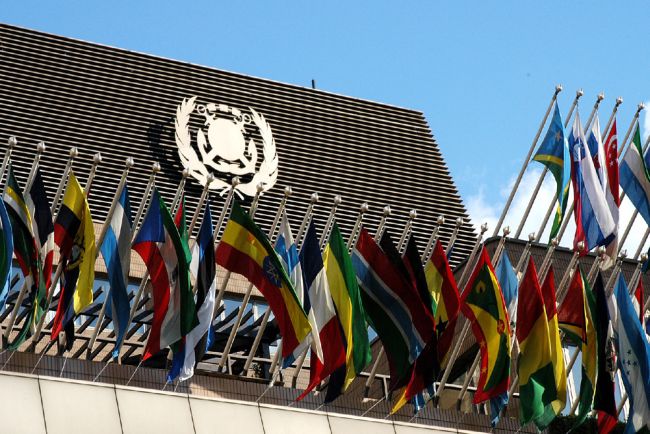
Shipping’ can be considered as truly an international industry. This is because it serves more than 90% of the world’s trade by the cargo transportation and other merchant ships that do so cleanly and cost effectively. As a result, any particular ship can be governed by a management chain that spans many countries, also these ships spend most of their times at sea between various jurisdictions. Therefore, it was felt in the beginning of the last century that there was a need of a universal governing body that in turn laid down rules and standards to regulate the shipping process and the industry worldwide. Thus the International maritime organization came into being.
BIODIVERSITY
COP HISTORY
|
COP
1: 1994 Nassau,
Bahamas, Nov & Dec
|
COP
8: 2006 Curitiba,
Brazil, 8 Mar
|
|
COP
2: 1995 Jakarta,
Indonesia, Nov
|
COP
9: 2008 Bonn,
Germany, May
|
|
COP
3: 1996 Buenos
Aires, Argentina, Nov
|
COP
10: 2010 Nagoya,
Japan, Oct
|
|
COP
4: 1998 Bratislava,
Slovakia, May
|
COP
11: 2012 Hyderabad,
India
|
|
EXCOP:
1999 Cartagena, Colombia, Feb
|
COP
12: 2014
Pyeongchang, Republic of Korea, Oct
|
|
COP
5: 2000 Nairobi,
Kenya, May
|
COP
13: 2016 Cancun,
Mexico, 2 to 17 Dec
|
|
COP
6: 2002 The Hague,
Netherlands, April
|
COP
14: 2018 Sharm
El-Sheikh, Egypt, 17 to 29 Nov
|
|
COP
7: 2004 Kuala
Lumpur, Malaysia, Feb
|
COP
15: 2020 Kunming, Yunnan, China
|
DESERTIFICATION COP HISTORY
|
COP 1: Rome, Italy, 29
Sept to 10 Oct 1997
|
COP 9: Buenos Aires,
Argentina, 21 Sept to 2 Oct 2009
|
|
COP 2: Dakar,
Senegal, 30
Nov to 11 Dec 1998
|
COP 10: Changwon, South
Korea, 10 to 20
Oct 2011
|
|
COP 3: Recife, Brazil, 15 to 26
Nov 1999
|
COP 11: Windhoek,
Namibia, 16 to 27
Sept 2013
|
|
COP 4: Bonn, Germany, 11 to 22
Dec 2000
|
COP 12: Ankara, Turkey, 12 to 23
Oct 2015
|
|
COP 5: Geneva,
Switzerland, 1 to 12
Oct 2001
|
COP 13: Ordos City,
China, 6 to 16
Sept 2017
|
|
COP 6: Havana, Cuba, 25 August to 5
Sept 2003
|
COP 14: New Delhi, India, 2 to 13
Sept 2019
|
|
COP 7: Nairobi, Kenya, 17 to 28
Oct 2005
|
COP 15: 2020
|
|
COP 8: Madrid, Spain, 3 to 14
Sept 2007
|
COP 16: 2021
|
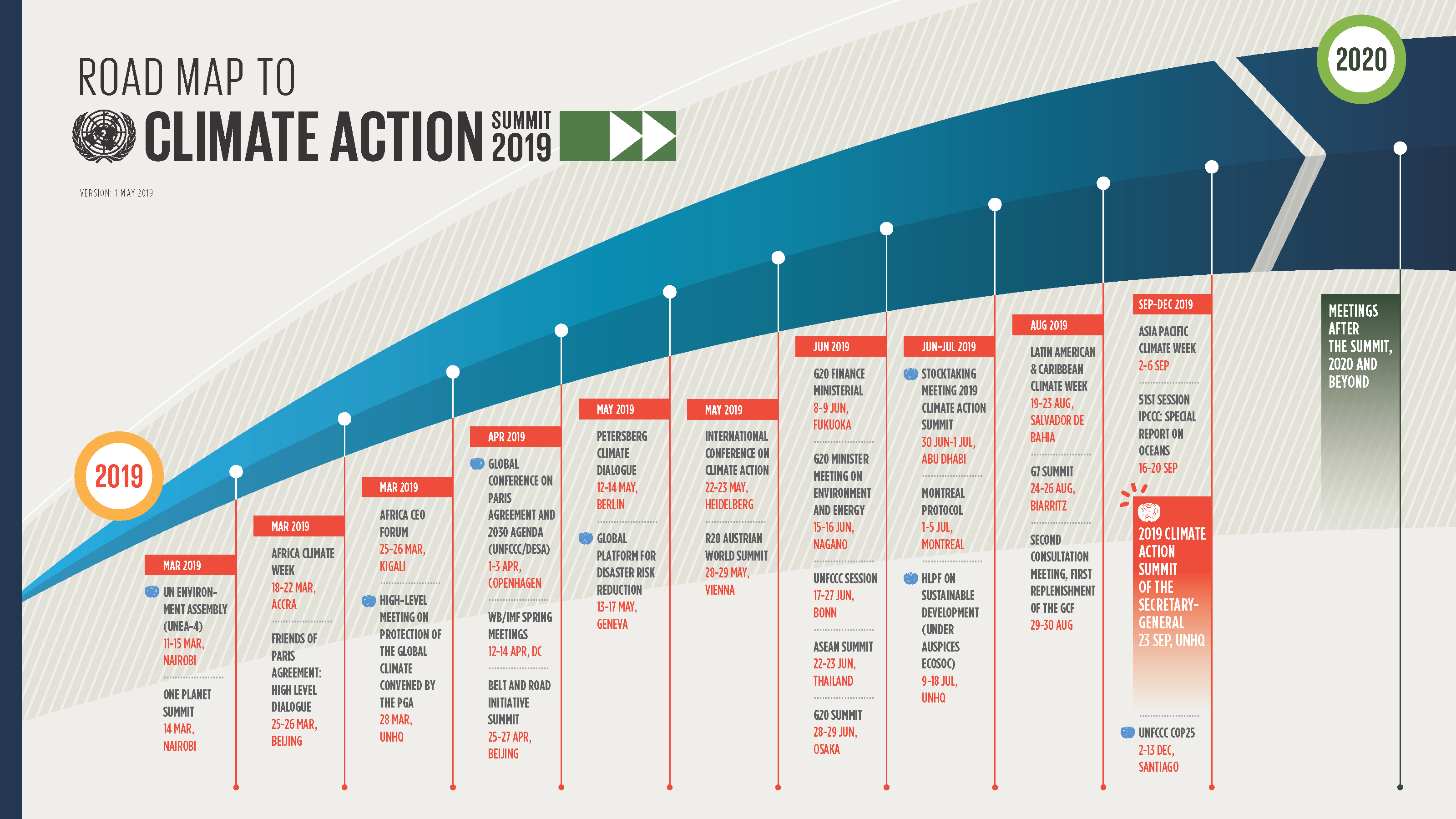
UN
SUMMIT CLIMATE CHANGE - Global emissions are reaching record levels and show no sign of peaking. The last four years were the four hottest on record, and winter temperatures in the Arctic have risen by 3°C since 1990. Sea levels are rising, coral reefs are dying, and we are starting to see the life-threatening impact of climate change on health, through air pollution, heatwaves and risks to
food security.
CLIMATE CHANGE COP HISTORY
|
1995
COP 1, BERLIN, GERMANY |
2008
COP 14/CMP 4, POZNAN, POLAND
|
|
1996
COP 2, GENEVA, SWITZERLAND |
2009
COP 15/CMP 5, COPENHAGEN, DENMARK
|
|
1997
COP 3, KYOTO, JAPAN |
2010
COP 16/CMP 6, CANCUN, MEXICO
|
|
1998
COP 4, BUENOS AIRES, ARGENTINA |
2011
COP 17/CMP 7, DURBAN, SOUTH AFRICA
|
|
1999
COP 5, BONN, GERMANY |
2012
COP 18/CMP 8, DOHA, QATAR
|
|
2000:COP
6, THE HAGUE, NETHERLANDS |
2013
COP 19/CMP 9, WARSAW, POLAND
|
|
2001
COP 7, MARRAKECH, MOROCCO |
2014
COP 20/CMP 10, LIMA, PERU
|
|
2002
COP 8, NEW DELHI, INDIA |
2015
COP 21/CMP 11, Paris, France
|
|
2003
COP 9, MILAN, ITALY |
2016
COP 22/CMP 12/CMA 1, Marrakech, Morocco
|
|
2004
COP 10, BUENOS AIRES, ARGENTINA |
2017
COP 23/CMP 13/CMA 2, Bonn, Germany
|
|
2005
COP 11/CMP 1, MONTREAL, CANADA |
2018
COP 24/CMP 14/CMA 3, Katowice, Poland
|
|
2006
COP 12/CMP 2, NAIROBI, KENYA |
2019
COP 25/CMP 15/CMA 4, Santiago, Chile
|
|
2007
COP 13/CMP 3, BALI, INDONESIA |
2020
COP 26/CMP 16/CMA 5, to be announced
|
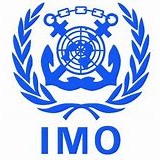
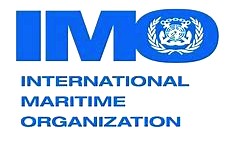
IMO
CONTACTS
....
LINKS & REFERENCES
https://www.
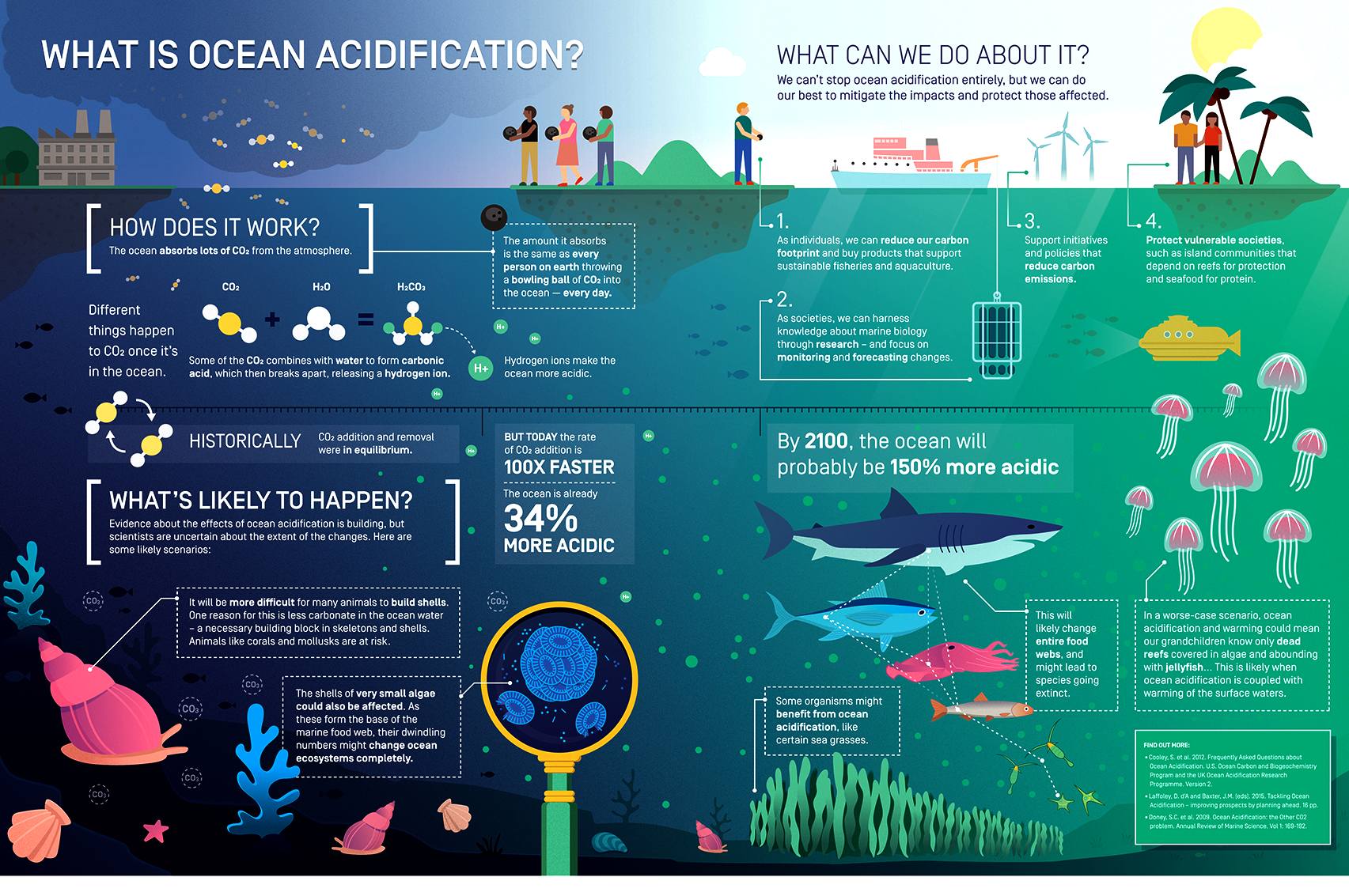
|

















